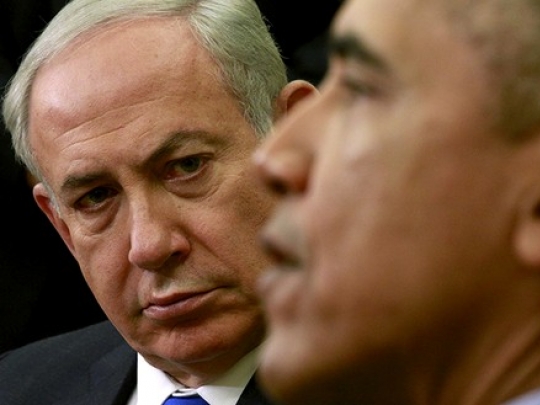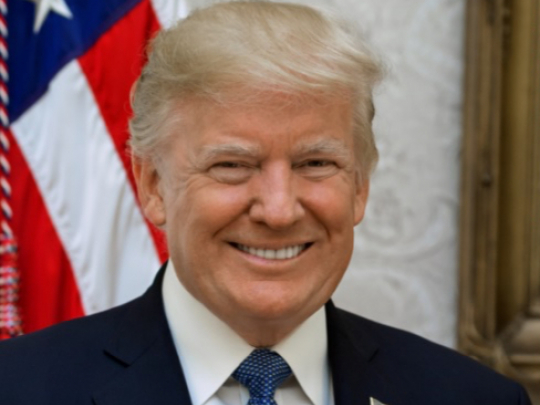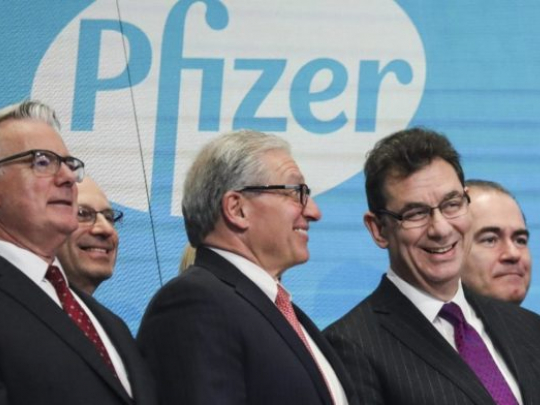Netanyahu, the great pretender

US-Israel relations remain in crisis. President Barack Obama and Prime Minister Benjamin Netanyahu's meeting in the Oval Office on Nov. 9 seemed like an encounter of a divorced couple discussing their common future. The complete and mutual mistrust turned their conversation into two almost unrelated monologues. Indeed, little was achieved at this summit, except for the expected talks on the security aid package for Israel.
A senior State Department source told Al-Monitor, on the condition of anonymity, that the administration was not disappointed with the meeting, as the president and the secretary of state had no expectations from the prime minister to begin with. “The intervention of Netanyahu in the Iran debate in favor of the Republicans has left irreparable scars regarding the perception here of the prime minister,” he said. The official admitted that prior to the meeting it had been decided to create a facade of mending fences with Israel. Yet the distinction made beforehand by the president, even publicly, of full support for Israel's security on the one hand and broad disagreement on regional policy issues on the other was only strengthened by the meeting. He admitted that bilateral relations remain strained.
Netanyahu, according to this source, made a strong case about Israel being the victim of an orchestrated terror offensive by regional fundamentalist movements and asked the United States to stand by Israel. The president has indeed reiterated in principle Israel’s right to self-defense. But the analysis of the administration underscores the diplomatic stalemate on the Palestinian issue, not linking it to the Islamic State context.
Jerusalem views this meeting rather similarly. A confidant close to Netanyahu told Al-Monitor that, given the mutual suspicions between the two leaders, the meeting was the best Netanyahu could have expected. Yet, according to this source, Netanyahu did not change his views on the Iran deal, on the Palestinian issue or, for that matter, his critical opinion of Obama. Netanyahu is convinced that Obama does not understand the Arab world, that he is too weak in reacting to Arab terror and that he is naive in believing that diplomacy could rectify the situation in Syria and the West Bank. The source reaffirmed that Netanyahu has made no concessions on any of the issues, except for lip service on the two-state solution. One can therefore conclude that the meeting did not heal the damaged Washington-Jerusalem relationship, except for the verbal affirmation of the long-standing alliance.
Several factors lead to the persistent crisis in the US-Israeli relationship. The first of them is the personal mistrust between the two leaders, which is apparently irreparable. Personal chemistry between the president of the United States and the prime minister of Israel is critical for a more intimate coordination of security and peace policies. Now, such coordination takes place only on the technocratic level.
Another factor is the diplomatic stalemate. Netanyahu declared before the Israeli March 17 elections that a Palestinian state will not be established during his tenure as prime minister and, with this, he made sure that it will not happen under Obama’s presidency either. Acceptance by the United States of a diplomatic stalemate on a two-state solution, which now will last well into the first term of the next American presidency, is a sure prescription for growing Palestinian frustration leading to violence and the strengthening of Hamas.
In this respect, the Iran deal suddenly is no longer an issue for Netanyahu. Currently, he is more focused on preventing pressure on a two-state solution. Understandings were reached at the Washington summit on US-Israeli cooperation on the monitoring of the Iranian implementation of the deal. Yet given the lack of a viable Palestinian-Israeli peace process, Israel remains outside any of the American-led collective diplomacy efforts, mainly in relation to Iran and Syria.
The ongoing bilateral crisis is also linked to Netanyahu’s failure to enlist American diplomatic objections to the EU decision to label goods produced in Israeli settlements. State Department spokesman Mark Toner declared Nov. 12 that the United States does not consider the EU measure to be a boycott and that the United States believes that the “settlements are illegitimate.” This contrasts with past US pressure on the EU to refrain from policies perceived in Jerusalem as hostile.
A final factor of this crisis is the ideological gap. More than the lack of personal trust, or even the deep policy differences, the fundamental schism between Obama and Netanyahu is ideological. The American president is a great believer in collective diplomacy and coalition building for conflict resolution, including dealing with Syria in the aftermath of the Paris attack on Nov.13. The Israeli prime minister believes in the use of forceful unilateral measures as a first resort. Obama believes in equality between states; Netanyahu does not. This places Israel outside the international consensus on collective diplomacy on military action and the underlying premises and values for conflict resolution in a post-colonial period.
And so the Nov. 9 Washington meeting created a facade of improved relations across the ocean, but did little to actually repair the damage done to US-Israel ties.
This is also the perception in the Arab world and in Europe, especially given the diplomatic stalemate and the continuation of Israeli settlement policies.
Given the ongoing crisis in US-Israel relations, Israel can now expect more EU pressure and an Arab world supporting Palestinian resistance and violence.
- Source : Uri Savir - Al Monitor















